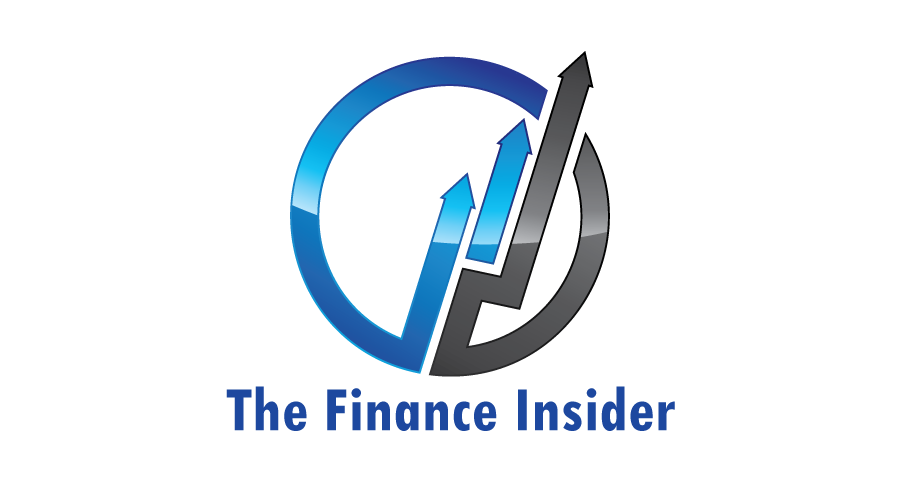For the many millions of businesses and self-employed Canadians, grappling with their corporate taxes every year is a challenge they’re all-too familiar with.
Fortunately though, there is plenty of professional help out there in the form of a corporate tax accountant, who is used to dealing with taxes and accounting, and who has a deep knowledge of all things related to the financial comings and goings of businesses big and small.
But while there are plenty of qualified and reputable CPAs and other tax professionals to choose from in Canada, developing the right professional relationship with your chosen one, means asking the right questions:
Q: Am I compliant with my taxes?
This is arguably the most important question to ask of your chosen CPA, and although many Canadians file and pay their taxes not knowing that they’ve done so incorrectly, that doesn’t help when a big fine from the CRA lands on their doorstep.
There is little excuse for non-compliance, and with a CPA by your side, that’s something you’ll simply never be.
Q: When should I start prepping for tax season?
The majority of Canadian tax payers must file them, and pay them before the end of April every year, while those who are self-employed, must do so by June 15th.
Having a tax accountant working with you, means you’ll never be late for filing, and your returns will be error-free.
Q: What should I include on my tax return?
As well as reporting your basic personal details and income on your tax return, you’re also required to claim any deductions and tax credits you might be eligible for, along with calculate your taxes.
Your tax accountant can make light work of this, and will ensure that all information is presented properly and accurately.
Q: Must I keep any records for tax purposes?
From payslips to proof of income, your chosen CPA will guide you as to what records you must keep for tax purposes, and for how long.
Q: What expenses can I deduct?
Such expenses as storage, documentation and transportation may be allowable for you to claim, but without a CPA to clarify what you’re entitled to, you could miss out on vital deductions.
Q: Could I be eligible for tax credits?
While deductions are taken out of your total income before your tax payment is calculated, credits lower the amount you must pay on any income that’s taxable, and may be refundable or non-refundable.
To help explain credits and deductions in terms you can understand, a CPA’s guidance is essential.
Q: Will I be taxed on my retirement fund?
Even if you were given a tax deduction when you funded your RRIF (which continued to grow, tax-free), you’ll still be taxed as soon as you take any of the money out.
However, with your income likely to be less at the point of retirement, you’ll be placed into a different tax bracket, reducing your tax burden. Talk to your chosen CPA about retirement funds and plans, to help put your mind at rest.
Q: Should I invest in a TFSA?
Tax-free savings accounts mean you pay no taxes on dividends, interest, or capital gains, and are a great way to grow both your savings and investments. If you’re over the age of 18 and have a valid SIN, your tax accountant can advise you as to whether doing so would be prudent.
Q: Should my business be incorporated?
Even sole proprietor’s can incorporate themselves. but that doesn’t necessarily mean it’s a good idea. With your costs, paperwork, and taxes being different once incorporated, you may save time and money, but professional advice from a CPA in Surrey should definitely be sought.
Filing corporate taxes doesn’t have to be the stuff of nightmares, and with the right professional help from a CPA, you can concentrate on running your business, while they take care of your taxes. Just make sure you communicate well with your chosen CPA, and ask as many questions as you need to for peace of mind and financial security.



